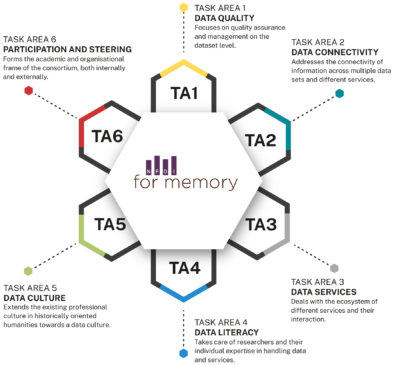My last blog post triggered a couple of responses on Twitter. It seems I touched a problem that will not be solved that easily.
Save a date as a Julian calendar date on your Wikibase (manually or, with the /J switch, in your QuickStatements mass input) and your Wikibase will be able to handle this date correctly in any mixed bag of Julian and Gregorian dates. It is nice that the Query Service is able to produce straight timelines out of any such mixed bag, but immensely problematic that you will be quite unable to get any of the Julian dates back in the nominal format in which you stated them on your Wikibase. Blazegraph, the tool that works behind the Query Service, does its job in a normalisation of dates, and this normalisation is, of course, done in the superior Gregorian calendar. Our Wikibase Query Services will hence produce loads of dates that will in their first wave just contradict the documentary evidence. We will then see successive deformations of these dates wherever someone fails to read them as, from here onwards, proper Gregorian. Most databases have a single calendar format: you simply enter all your dates as you read them in your documents or whatsoever source you are exploiting. Gregorianised dates should not enter any such database.
[...]
